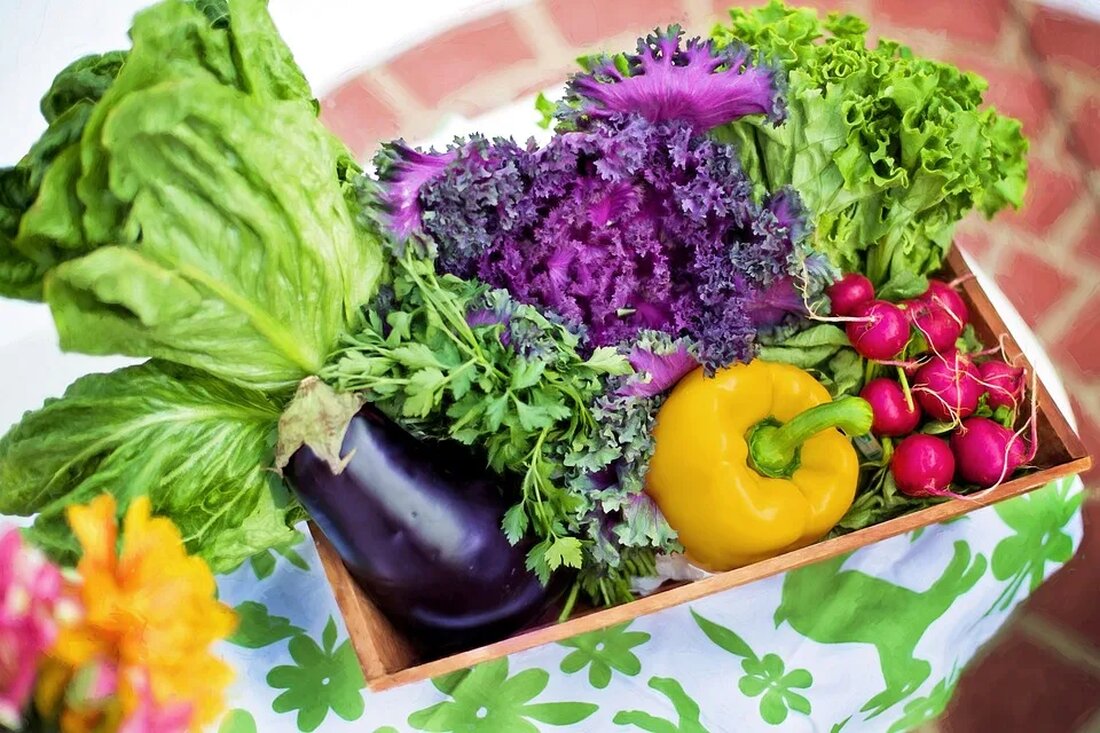Nutrition during pregnancy
Nutrition during pregnancy Nutrition plays a crucial role during pregnancy. During this time it is particularly important to eat a balanced and healthy diet to ensure the baby's optimal development. In this article we will discuss some important aspects of proper nutrition during pregnancy. Important nutrients during pregnancy During pregnancy, many nutrients have a particular importance for the baby's development. Here are some of the most important nutrients that a pregnant woman should consume in sufficient quantities: 1. Folic acid Folic acid is a B vitamin that is particularly important for the development of the neural tube of the...

Nutrition during pregnancy
Nutrition during pregnancy
Diet plays a crucial role during pregnancy. During this time it is particularly important to eat a balanced and healthy diet to ensure the baby's optimal development. In this article we will discuss some important aspects of proper nutrition during pregnancy.
Important nutrients during pregnancy
During pregnancy, many nutrients have a special importance for the baby's development. Here are some of the most important nutrients that a pregnant woman should consume in sufficient quantities:
1. Folic acid
Folic acid is a B vitamin that is particularly important for the development of the baby's neural tube. It is recommended that women consume adequate amounts of folic acid before pregnancy to reduce the risk of neural tube defects. During pregnancy, a daily intake of 600 micrograms is recommended, for example in the form of dietary supplements or by eating foods containing folic acid such as green leafy vegetables, beans and whole grains.
2. Iron
Iron is an important component of hemoglobin, which helps transport oxygen throughout the body. During pregnancy, the need for iron increases as blood volume increases and is needed for the baby's development. It is recommended to consume 27 milligrams of iron daily, for example by eating lean meat, poultry, fish, legumes and whole grains. Taking vitamin C can improve the absorption of iron from plant sources.
3. Calcium
Calcium is important for the development of baby's bones and teeth. Pregnant women should consume about 1,000 milligrams of calcium per day. Dairy products like milk, yogurt and cheese are good sources of calcium. Other options include green leafy vegetables, tofu and almonds.
4. Omega-3 fatty acids
Omega-3 fatty acids, especially EPA and DHA, are important for the development of the baby's brain and eyes. Pregnant women should eat fatty fish such as salmon, tuna or sardines at least twice a week to get adequate amounts of these fatty acids. Vegetarian alternatives include algae oil and walnuts.
Food safety during pregnancy
During pregnancy, it is especially important to pay attention to food safety to reduce the risk of foodborne illnesses. Here are some important points that pregnant women should keep in mind:
1. Avoid raw or undercooked meat
Raw or undercooked meat can contain pathogens such as listeria or toxoplasmosis, which can be dangerous to the unborn baby. Pregnant women should ensure that meat is cooked or fried thoroughly to minimize potential risks.
2. Eat seafood with caution
Certain seafood such as mussels, oysters or raw sushi can contain pathogens. Pregnant women should avoid such foods or make sure they come from trusted sources in restaurants.
3. Avoid raw eggs and products containing raw eggs
Raw or half-cooked eggs may contain salmonella, which can cause serious infections. Pregnant women should be careful and avoid raw eggs or products such as mayonnaise, tiramisu or homemade ice cream that may contain raw eggs.
4. Avoid soft cheese and unpasteurized dairy products
Certain soft cheeses such as Camembert or Brie may contain listeria, which can be dangerous for the baby. Pregnant women should ensure that they only consume pasteurized dairy products.
Weight gain during pregnancy
Weight gain during pregnancy is normal and important for the baby's development. The exact weight gain guideline depends on various factors such as the woman's initial weight. An overweight person should gain less weight during pregnancy than someone who is of normal weight. The average weight during pregnancy is usually between 11 and 15 kilograms.
However, it is important that weight gain remains controlled to reduce the risk of pregnancy complications. A balanced diet with healthy foods and regular exercise can help achieve healthy weight gain during pregnancy.
Water and hydration
It is particularly important to drink enough fluids during pregnancy. Pregnant women should drink at least 8-10 glasses of water daily to meet the body's fluid needs. Adequate fluid intake helps maintain blood volume, supports metabolism, and prevents constipation.
Final thoughts
A balanced and healthy diet during pregnancy is crucial for the optimal development of the baby. Consuming adequate amounts of important nutrients such as folic acid, iron, calcium and omega-3 fatty acids can help reduce potential pregnancy complications and promote maternal and child health.
Pregnant women should also pay attention to food safety and avoid potentially dangerous foods. Controlled weight gain and adequate fluid intake are also important aspects of a healthy diet during pregnancy.
It is advisable to visit the doctor regularly during pregnancy and to seek advice from a nutritionist to take individual needs and particularities into account.
You can find out more about natural and healthy nutrition in our guide magazine Your-Heilpraktiker.com

 Suche
Suche
 Mein Konto
Mein Konto
